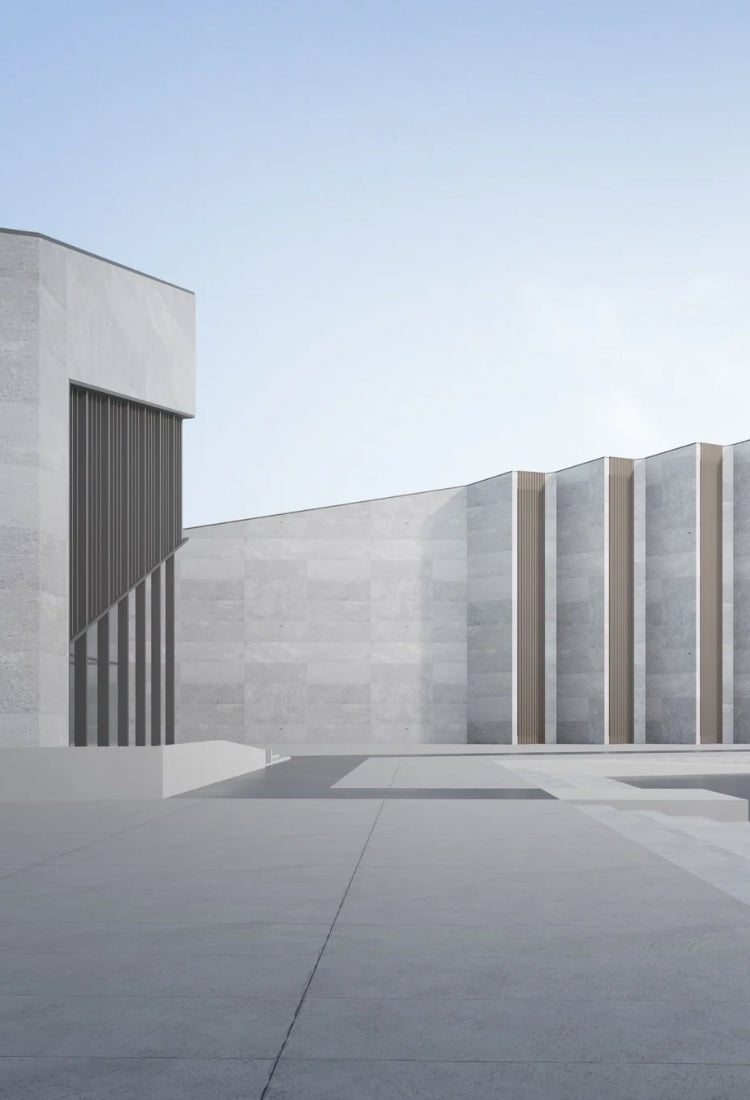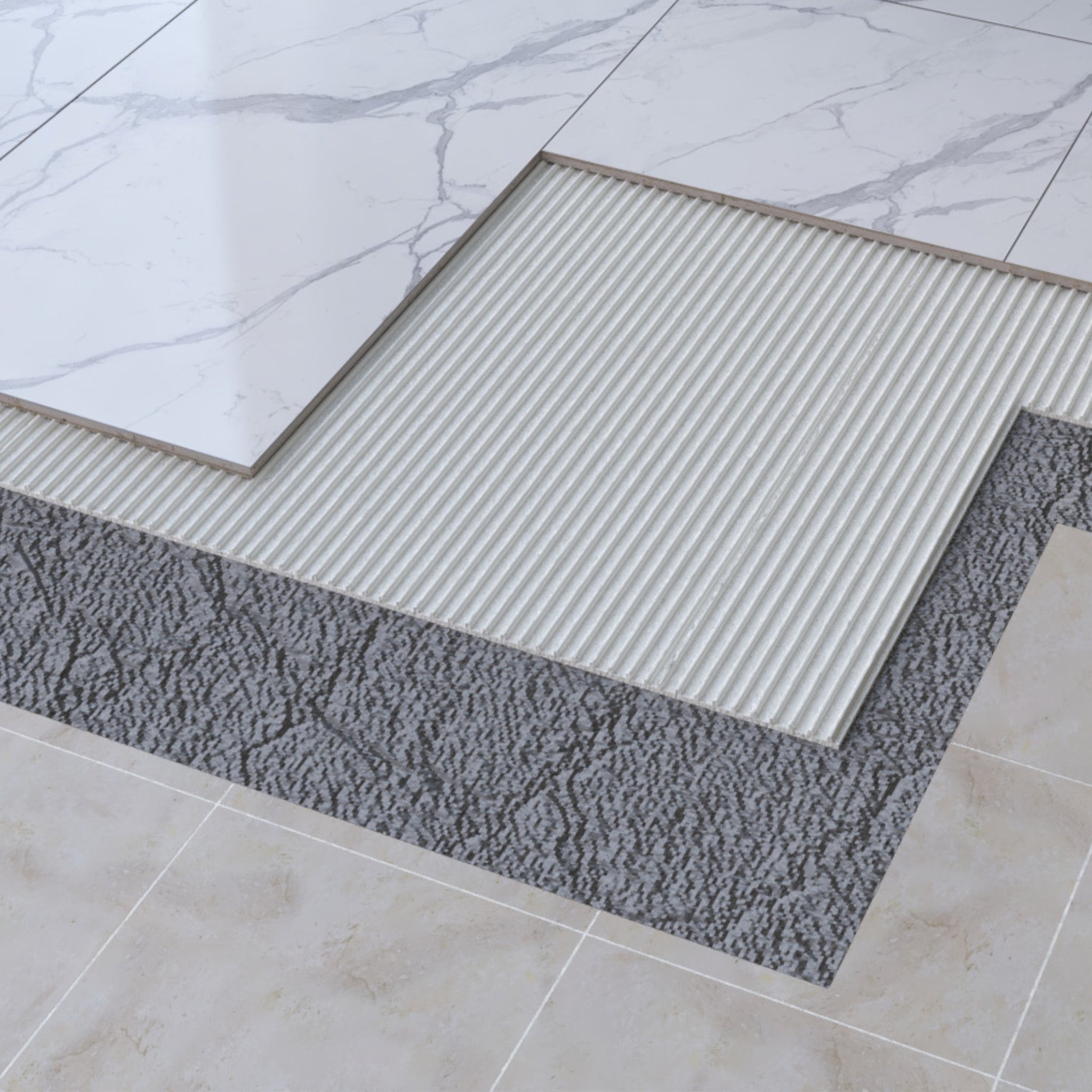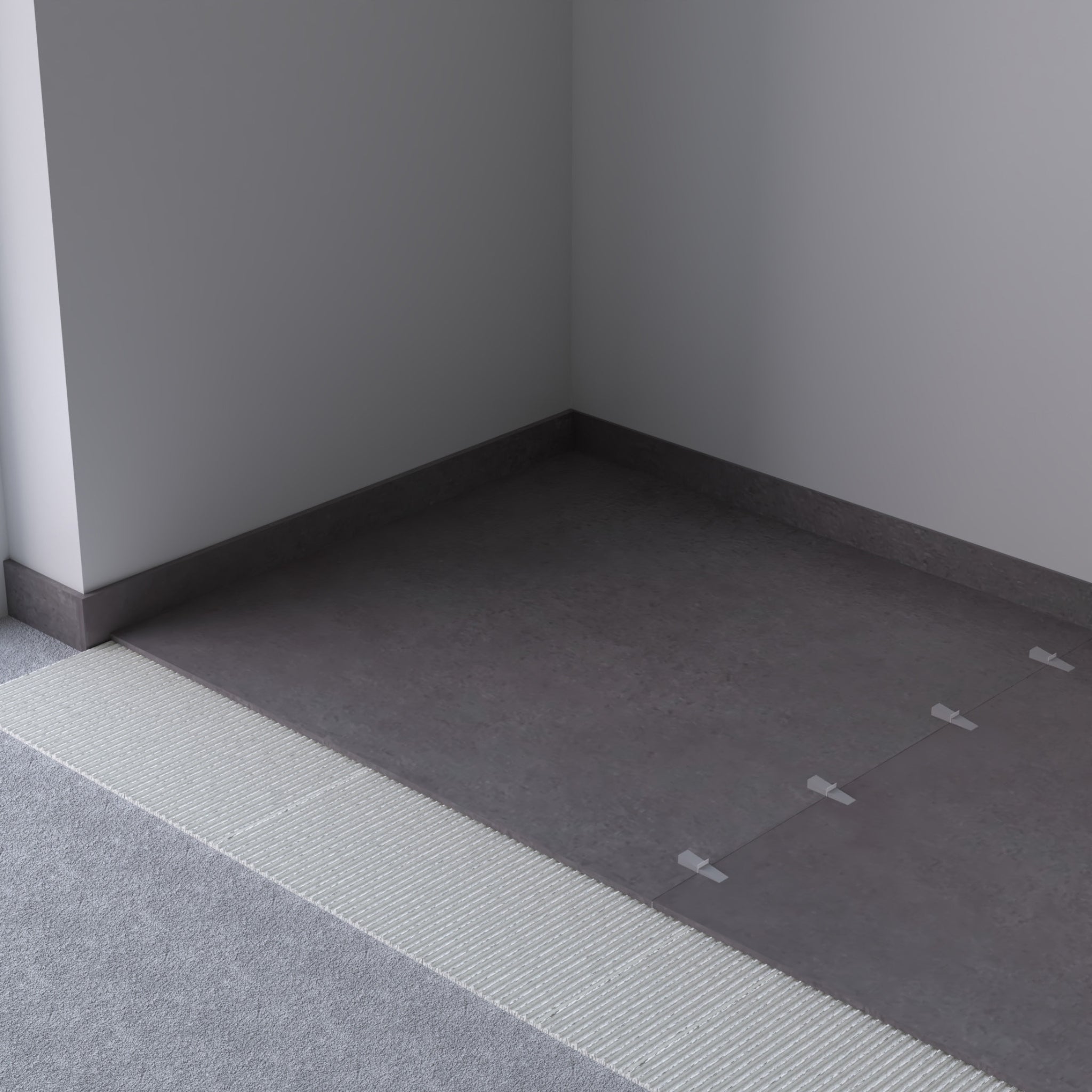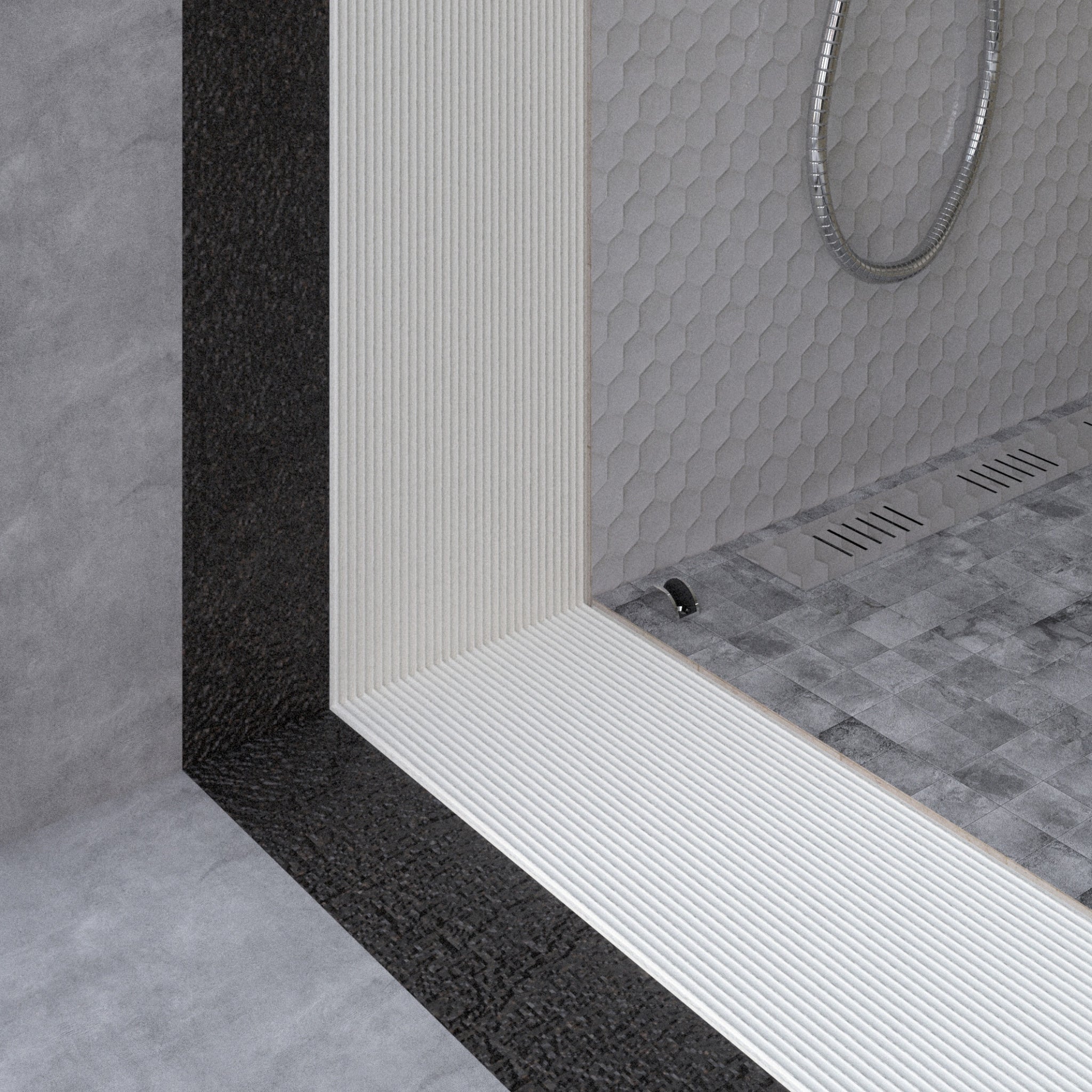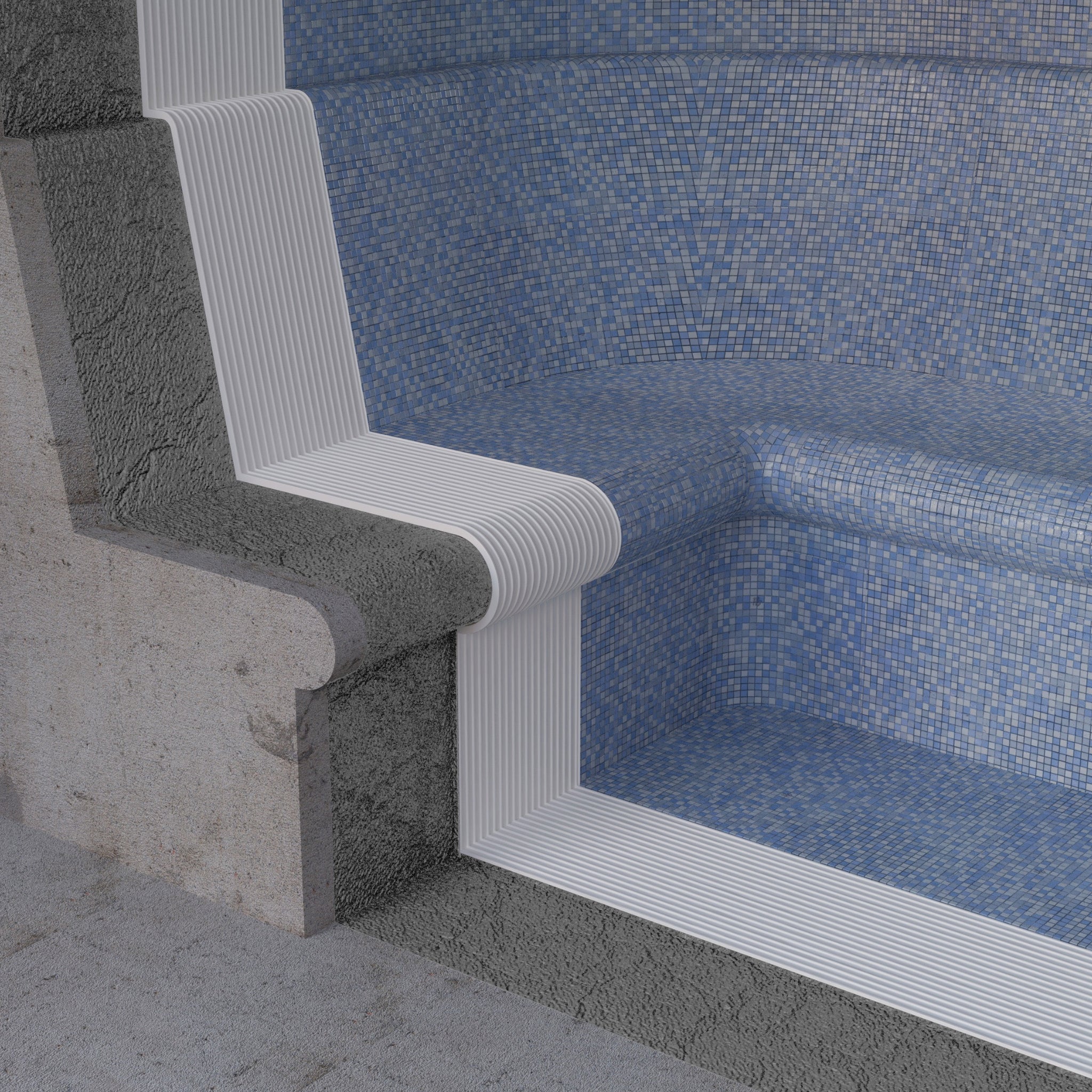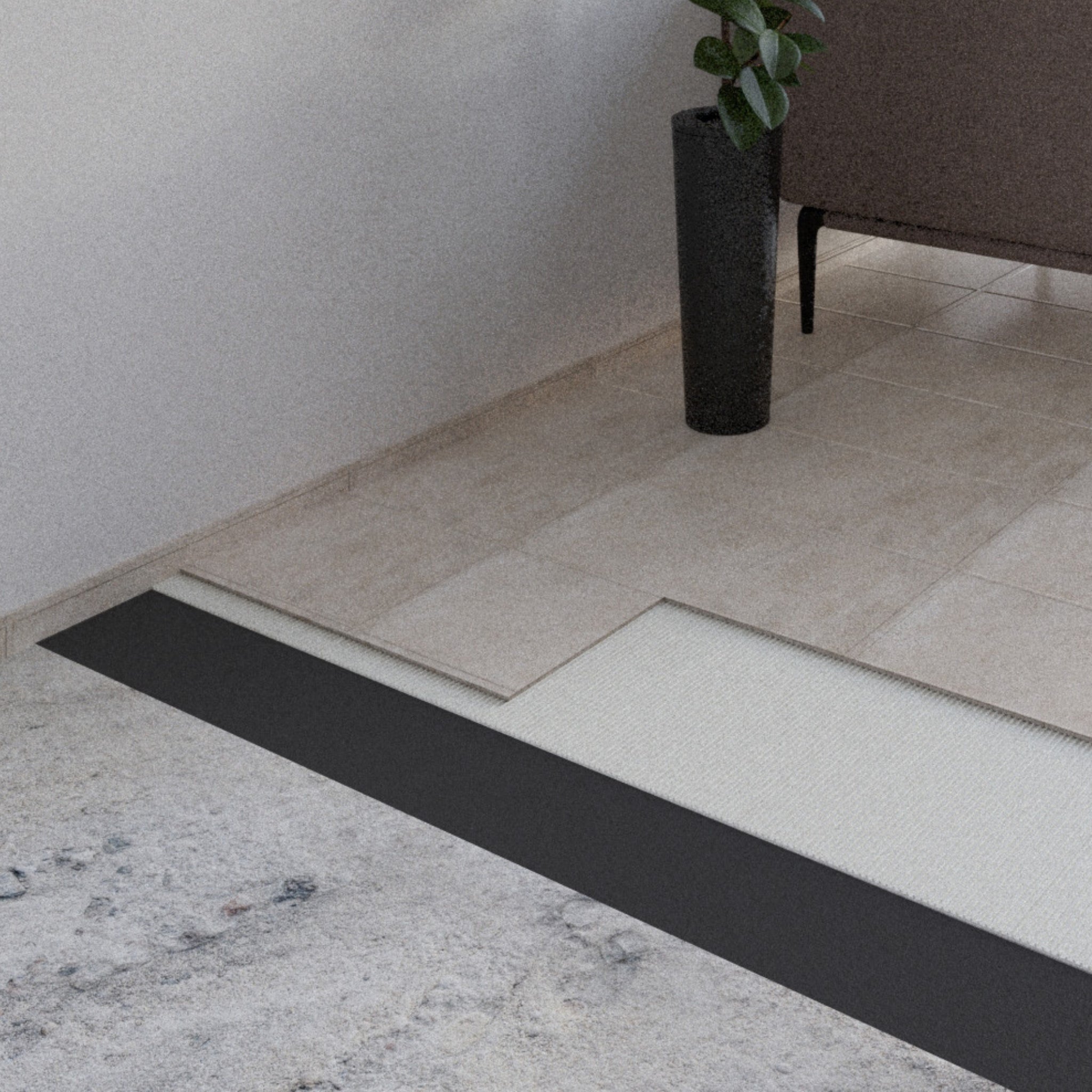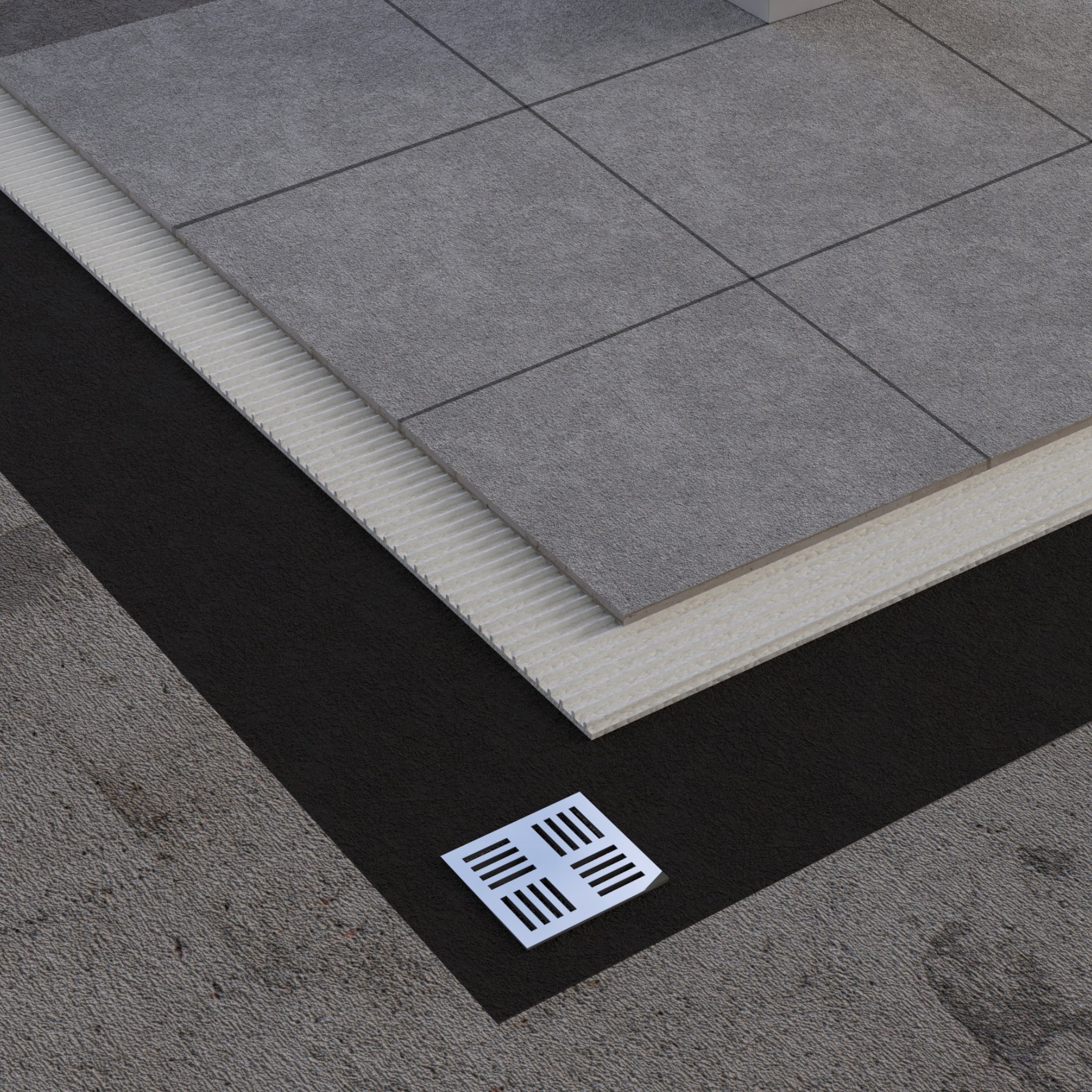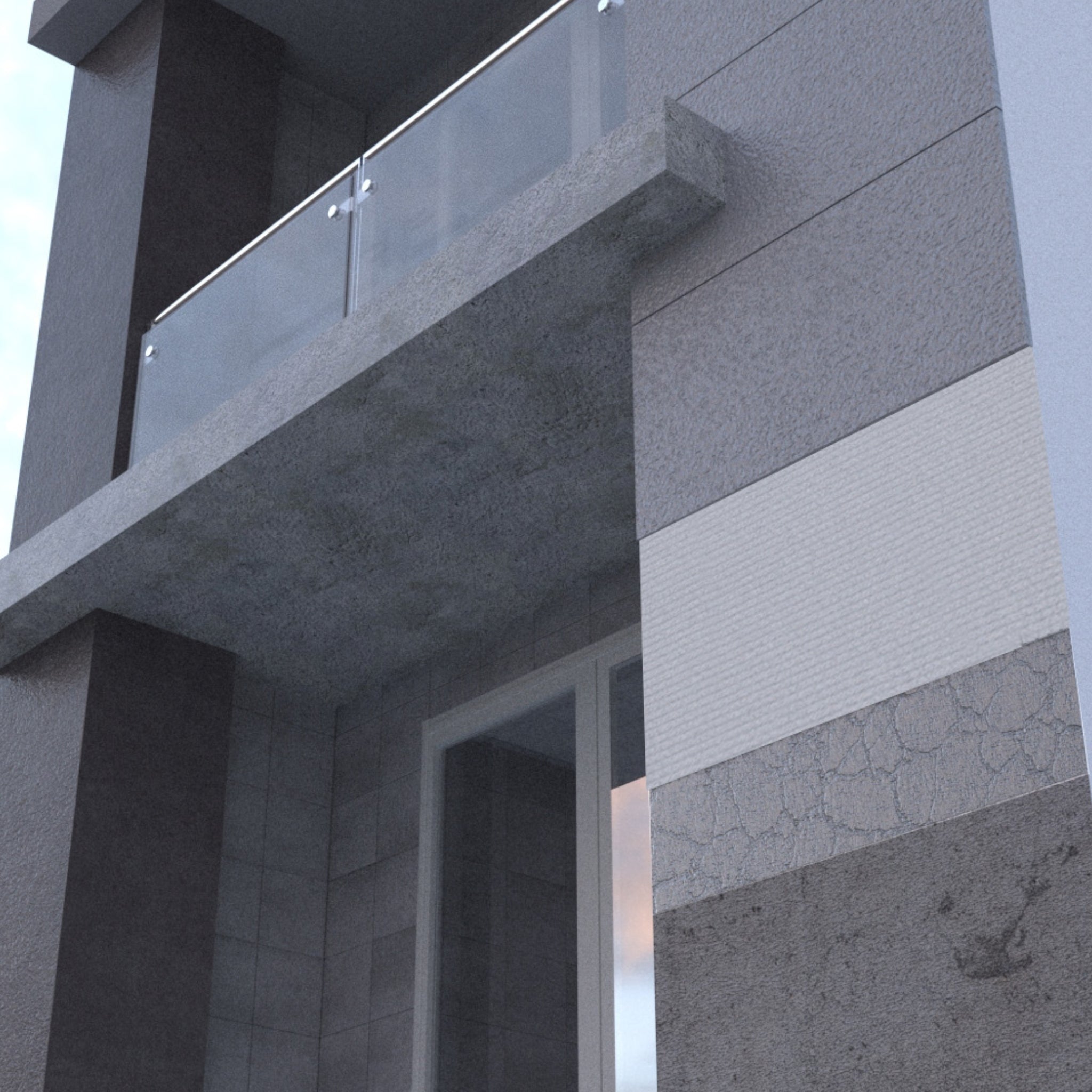
Tile on Tile Installation
The installation of tiles on existing tiles, without removing them, can now be accomplished safely and reliably. The process begins by applying a texturized primer that tightly adheres to the existing tiles, creating a rough surface that promotes thin-set adhesion. The tile mortar specified for this application must contain a high content of polymers and additives to provide high flexibility and deformability. Finally, a high-performance non-shrink flexible grout is strongly recommended.
VIEW PRODUCTS
Large Format Tile Installation
According to the Tile Council of North America (TCNA), any tile or stone format that is 15 inches or larger on either side or weighs more than 20-30 pounds is considered large format. Large format slabs require specialized tile mortar with polymers and additives that support the weight of the slab, minimizing sag and slump. The use of self-leveling underlayments and leveling systems is highly encouraged to minimize lippage in this critical installation.
VIEW PRODUCTS
Shower Tile Installation
The bathtub is becoming a thing of the past, with shower floors constructed using eye-catching mosaics becoming increasingly popular. A proper installation system starts with a fortified mortar bed to ensure adequate water drainage, followed by the application of a waterproofing membrane. It is essential to use a tile mortar with a high concentration of polymers and additives suitable for wet or submerged installations. The finishing touch is a trendy-color epoxy grout that is 100% waterproof and offers the best protection against chemical, stain, and mildew attacks.
VIEW PRODUCTS
Pool Tile Installation
The installation of mosaic and tiles in areas that will be submerged or exposed to high humidity conditions, such as swimming pools, fountains, Jacuzzis, spas, and similar applications, is critical. A proper installation system begins with the application of a waterproofing cement mortar directly to the concrete surface. The tile mortar must contain a high concentration of polymers and additives suitable for wet or submerged installations. Epoxy grouts are 100% waterproof, offering the best protection against chemical, efflorescence, and mildew attacks. They also come in a variety of architectural colors, making them the ideal solution for this critical application.
VIEW PRODUCTS
Vertical Construction Tile Installation
High-rise buildings and other vertical constructions are subject to constant movement and vibrations that can compromise the bond of tiles, leading to them popping up. It is extremely important to use a flexible crack isolation membrane to compensate for movement between the concrete surface and tile adhesive. The tile mortar specified for this application must be highly deformable and flexible to compensate for shear and tensile stresses on the tile adhesive. Finally, a high- performance non-shrink flexible grout is also strongly recommended.
VIEW PRODUCTS
Open Terrace Tile Installation
An open terrace is a wonderful space to share memorable times with family and friends. However, it often experiences issues such as water leaks or humidity appearing on the living space immediately below, as well as tiles popping out from the floor. A proper installation system begins with a fortified mortar bed to provide adequate leveling to drain water. A waterproofing and crack isolation membrane is essential to prevent water leaks and compensate for movement when concrete expands and contracts due to temperature changes. Finally, the tile mortar must contain a high content of polymers and additives to provide high flexibility and deformability. Utilizing a next-generation, non-shrink, color-consistent impervious cement grout with enhanced resistance to efflorescence and mildew provides the final touch.
VIEW PRODUCTS
Facade Tile Installation
Detached or broken tiles are oftenly observed in tile and stone installations on exterior facades. The abrupt temperature changes caused by periods of intense sunlight followed by sporadic rains result in temperature variations of up to 15°F, causing concrete to expand and contract and tile bond to fail. It is recommended to apply a crack-isolation waterproofing membrane to compensate for these movements and to prevent the passage of salts present in the concrete, which can lead to efflorescence issues on the surface. This application also requires the use of high-flexibility and deformability tile mortars and grouts.
VIEW PRODUCTS

